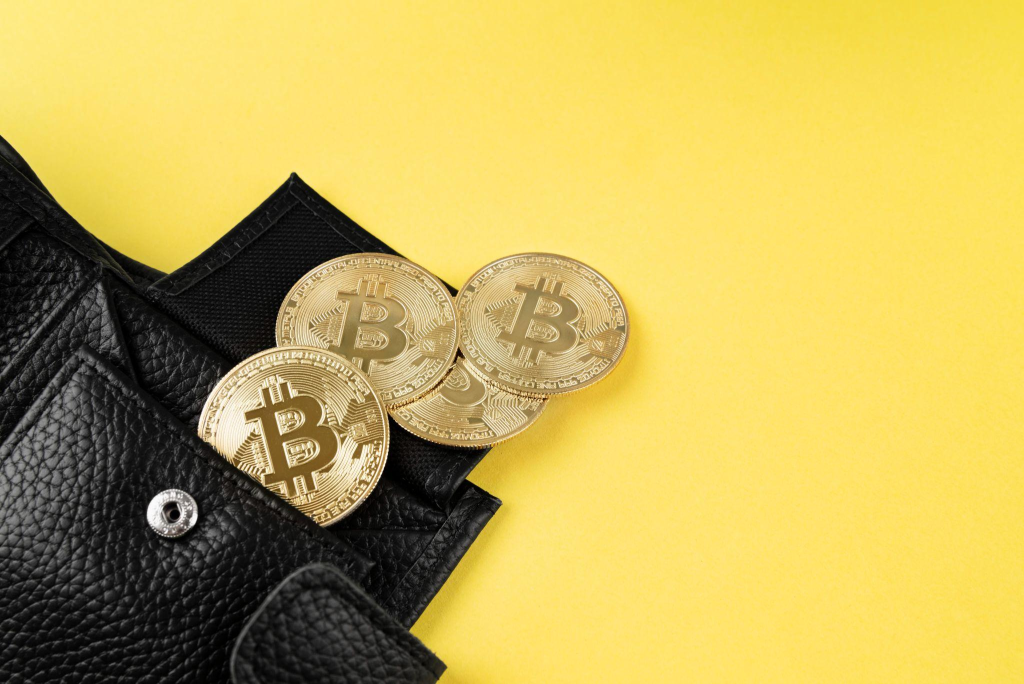I’ll be honest: for years, I fell into the classic trap of research paralysis. I’d stack up every central bank report, every volatility chart, every analyst projection-then freeze when it came time to actually allocate.
By 2023, I learned the truth: the real edge isn’t just in gathering information. It’s in building a process for implementation and risk management. And in 2025, when both gold and Bitcoin are bought with fiat and measured against fiat returns, execution matters more than ever.
My Personal 2025 Allocation
Right now, I’ve bumped my alternatives slice from 10% to 15%, split evenly:
- 7.5% Gold → diversifies against equity crashes, inflation lag effects, and political unrest. Think of it as a dependable stock-like diversifier-not a mystical store of value.
- 7.5% Bitcoin → hedges bond market stress, monetary confidence crises, and provides asymmetric upside.
This isn’t theory-it’s how I’m actually positioned. Why? Because I’ve learned they’re not substitutes. They’re complements inside a fiat-based portfolio.
Gold covers the shocks we can see. Bitcoin covers the shocks we can’t.
Allocation Guidelines for Different Risk Profiles
Here’s how I frame it, based on what I’ve seen across clients, institutions, and my own mistakes:
- Conservative investors → 70% Gold / 30% Bitcoin. Lower volatility, tolerable drawdowns.
- Balanced investors → 50/50 barbell. Jane Thompson’s model-hedges both equity and bond risks.
- Aggressive investors → 30% Gold / 70% Bitcoin. Big upside potential, but you need nerves of steel.
Pro tip: start small. Many institutions dip in with 5% gold and 5% Bitcoin, then scale up once they’ve tested their tolerance for swings.
Allocating is easy. Discipline is harder. My process looks like this:
- Track macro signals:
- Gold: monitor central bank purchases (900–1,000 tonnes projected for 2025, per JPMorgan [J.P. Morgan, 2025]).
- Bitcoin: track bond yields and institutional flows (BNY Wealth reports a 75% increase in family office allocations [BNY Wealth, 2025]).
- Watch volatility:
- Gold averages ~15% over ten years.
- Bitcoin averages ~62%.
If Bitcoin’s swings keep you awake at night, you’re overexposed.
- Rebalance quarterly:
Fiat-driven markets don’t move in neat yearly cycles. I revisit allocations every three months to keep hedges balanced.
I’ve seen investors wreck otherwise solid hedges by falling into these traps:
- Treating Bitcoin as “digital gold.” Wrong frame. Gold diversifies inside the fiat system. Bitcoin is a separate tool-high risk, high potential.
- Chasing performance. Buying gold at $3,650/oz or Bitcoin after a 40% spike isn’t hedging-it’s speculating.
- Ignoring liquidity crunches. Deriv (2025) shows Bitcoin dumps hard when fiat liquidity vanishes. Gold doesn’t always save you instantly either-it often lags inflation by 6–12 months.
- Overallocating too soon. I’ve seen retail investors leap to 25% in Bitcoin without first testing smaller allocations. Bad move.
Here’s the blunt truth about the trade-offs:
- Gold risks → storage costs, sluggish returns, liquidation friction. But it remains a reliable diversifier in fiat-based systemic crises.
- Bitcoin risks → regulatory headwinds, environmental critiques, extreme volatility. Peer-reviewed research shows Bitcoin “declines in response to financial uncertainty shocks” (Choi & Shin, 2021).
Volatility averages tell the story:
If you’re not built for rollercoasters, don’t buy the ticket.
- Part 1: Market reality check-gold and Bitcoin hedge different risks, always within fiat context.
- Part 2: Decision framework-how to size allocations based on risk tolerance and institutional flows.
- Part 3: Implementation-allocation models, monitoring, and risk management.
My biggest lesson since 2020? You don’t need to pick sides. The smartest portfolios in 2025 hedge with both.
One gives you steady diversification. The other gives you a transformative possibility. Together, they don’t just protect your portfolio-they integrate into a fiat-driven system in ways that actually hedge your future.
About This Series: Gold vs. Bitcoin: Which Is the Best Hedge in 2025? was written to cut through decision paralysis. Part 1 gave the market reality check. Part 2 outlined a decision framework. Part 3 showed how to implement and manage your hedge strategy.
Disclaimer: This article is for informational purposes only and should not be considered financial advice. Always conduct your own research and consult with financial professionals before making investment decisions.
Author: Avery Knox
Last Updated: September 12, 2025
J.P. Morgan. (2025, Aug 10). A New High? Gold Price Predictions.
https://www.jpmorgan.com/insights/global-research/commodities/gold-prices
BNY Wealth. (2025). 2025 Investment Insights for Single Family Offices Report.
https://info.wealth.bny.com/rs/636-GOT-884/images/BNYW_2025_Investment_Insights_Single_Family_Offices_Report.pdf
World Gold Council. (2025, Apr 29). Gold Demand Trends: Q1 2025.
https://www.gold.org/goldhub/research/gold-demand-trends/gold-demand-trends-q1-2025
Choi, S., & Shin, J. (2021). Bitcoin: An inflation hedge but not a safe haven. Finance Research Letters, 46, 102379. https://pmc.ncbi.nlm.nih.gov/articles/PMC8995501/
Rodriguez, H., & Colombo, J. (2024, Sept 2). Is Bitcoin an Inflation Hedge? SSRN Electronic Journal.
https://papers.ssrn.com/sol3/papers.cfm?abstract_id=4763347
Deriv. (2025, Mar 11). Bitcoin vs Gold Safe Haven 2025: Digital vs Physical Assets.
https://deriv.com/blog/posts/bitcoin-vs-gold-safe-haven-2025
State Street Global Advisors. (2025, Jun 3). Gold 2025 Midyear Outlook: A High(er) for Long(er) Gold Price Regime.
https://www.ssga.com/uk/en_gb/institutional/insights/gold-2025-midyear-outlook-a-higher-for-longer-gold-price-regime










